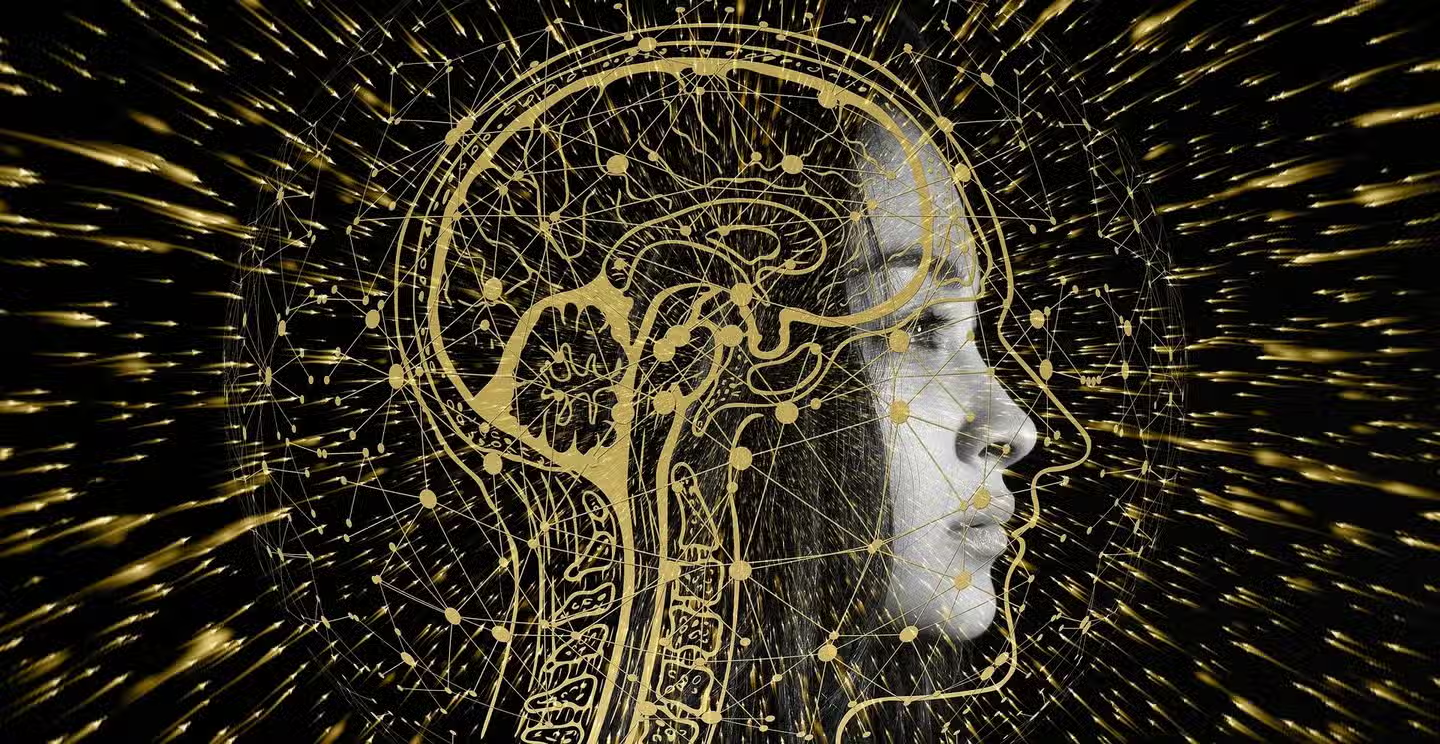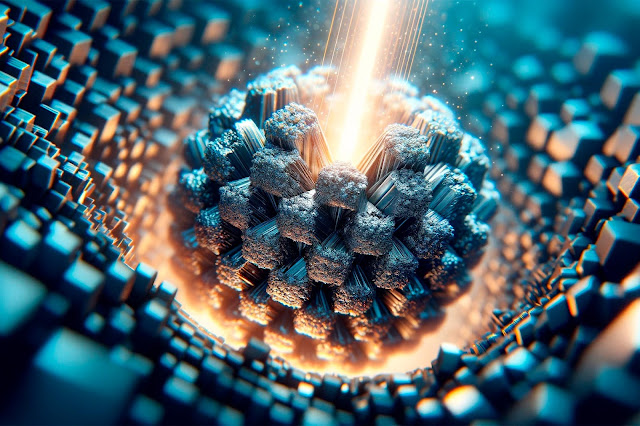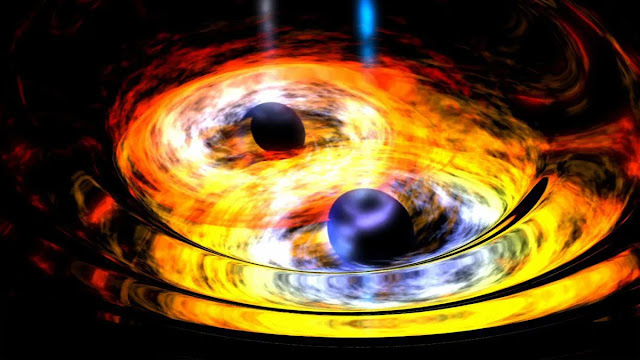In the ongoing work to reach the full potential of quantum computing, scientists can consider gazing into our own minds to see what’s possible: According to a recent study, the brain shares many similarities with a quantum computer.
The results could help us understand how neurons work as well as the principles of quantum mechanics. The findings could explain why our brains can still outperform supercomputers on certain activities, such as decision making or learning new knowledge.

As with many quantum computer research, the study looks at the idea of entanglement—two independent particles existing in states that are linked together.
“We adapted an idea developed for experiments to prove the existence of quantum gravity, in which you take known quantum systems and interact with an unknown system,” says physicist Christian Kerskens of the University of Dublin.
“If the known systems are entangled, the unknown must also be a quantum system.” It avoids the problems of locating measuring instruments for something we know nothing about.”
In other words, the entanglement or interaction between the known systems can only occur if the mediating system in the middle, the unknown system, also acts at the quantum level. While the unknown system cannot be directly investigated, its effects, such as quantum gravity, can be detected.
For the aim of this study, the proton spins of ‘brain water’ (the fluid that accumulates in the brain) serve as the known system, with tailored magnetic resonance imaging (MRI) scans used to non-invasively monitor proton activity. A particle’s spin affects its magnetic and electrical properties, and it is a quantum-mechanical feature.
This technique allowed the researchers to see signals similar to heartbeat-evoked potentials, a type of electroencephalography (EEG) signal. These signals are not ordinarily observable with MRI, and the theory is that they appeared because the nuclear proton spins in the brain were entangled.
The team’s observations will need to be confirmed by future investigations across different scientific domains, but the early results look good for non-classical, quantum events in the human brain when it is engaged.
“If entanglement is the only possible explanation here then that would mean that brain processes must have interacted with the nuclear spins, mediating the entanglement between the nuclear spins,” according to Kerskens.
“As a result, we can deduce that those brain functions must be quantum.”
The brain activities that lit up the MRI data were also linked to short-term memory and conscious awareness, implying that quantum processes – if that’s what they are – play an important part in cognition and consciousness, according to Kerskens.
What researchers need to do next is discover more about this mysterious quantum system in the brain, and then we’ll have a better understanding of how the quantum computer in our heads works.
“Our experiments, performed only 50 meters away from the lecture theatre where Schrödinger presented his famous thoughts about life, may shed light on the mysteries of biology, and on consciousness which scientifically is even harder to grasp,” observes Kerskens.



